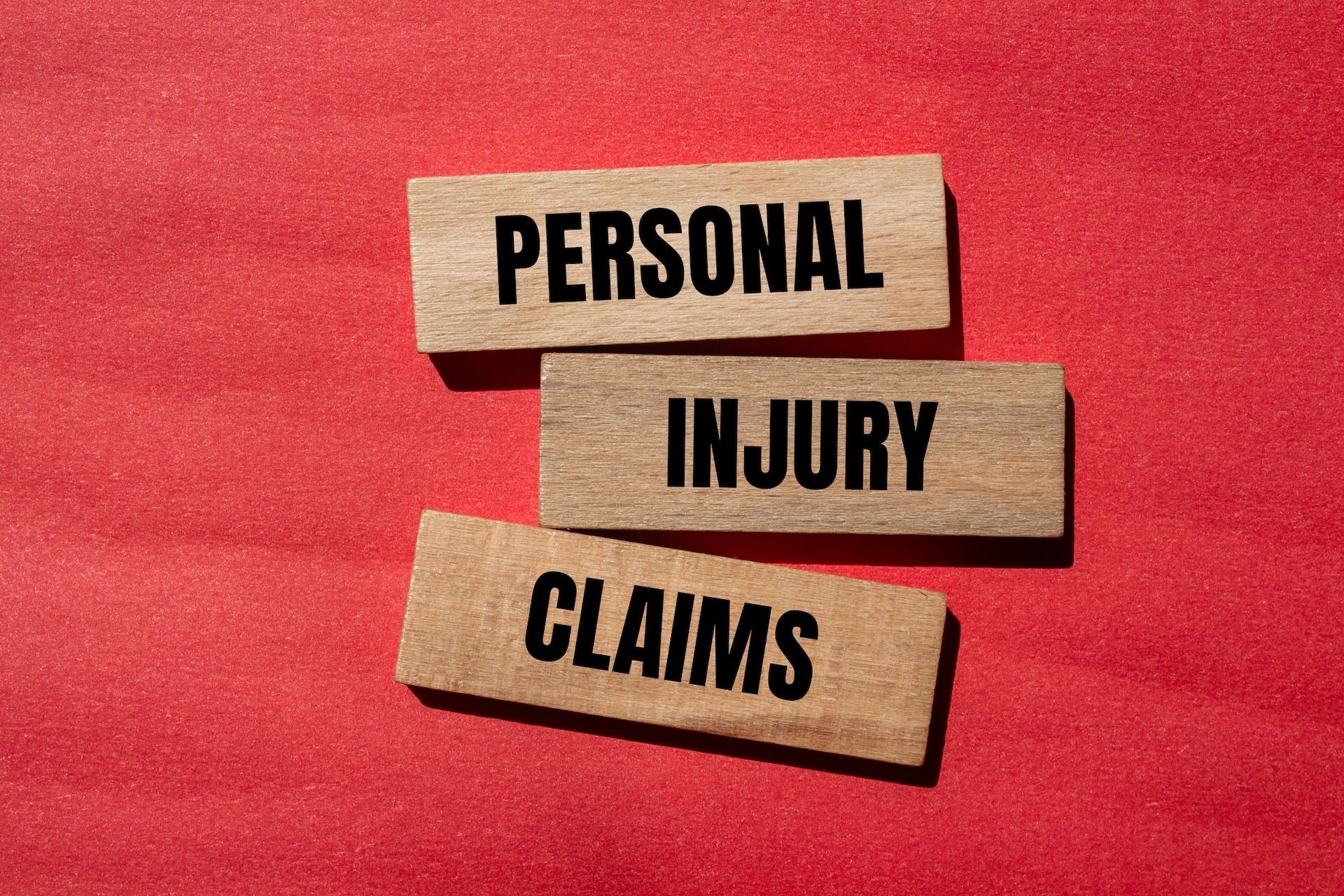Spinal Cord Stimulators - Are They Safe?

Living with chronic pain is not easy, especially when medications no longer provide the necessary level of relief. Yet, even though spinal cord stimulation therapy requires surgery, it’s well worth it if you and your physician believe other pain management options have been exhausted.
Now, we understand you may be anxious about this treatment, more so considering a few high-profile cases that involve spinal cord stimulators (such as the Medtronic spinal cord stimulator lawsuit) have hit the news.
Continue reading to learn more about this pain management method, as well as its potential risks.
How Do Spinal Cord Stimulators Work?
A spinal cord stimulator is a small and relatively simple device that consists of thin electrodes and a battery pack. The electrodes are placed between the
spinal cord and the epidural space, while the generator is placed just under the skin near the abdomen.
The device sends electrical impulses to the spinal cord, thus blocking any pain signals from reaching the brain.
Spinal cord stimulators typically replace the sensation of pain with tingling. Since this can be uncomfortable for some patients, there are newer (and more expensive) stimulators that provide stimulation that doesn’t produce other sensations.
Which Conditions Are Spinal Cord Stimulators Used For?
Generally speaking, spinal cord stimulation is the first surgical treatment recommended after nonsurgical options failed to produce results. Here are some common types of chronic pain that spinal cord stimulation is effective for:
- Back pain
- Post-surgical pain
- Heart pain (angina)
- Arachnoiditis (inflammation of the membrane covering the brain)
- Spinal cord injuries
- Peripheral vascular disease
- Post-amputation pain
- Perineal pain
- Visceral abdominal pain
- Nerve-related pain
Patients suffering from these acute conditions report a reduction in the use of pain medication, along with improved life and sleep quality. In most cases, a spinal cord stimulator is deployed in conjunction with other forms of pain management such as relaxation methods and physical therapy.
Can You Benefit From A Spinal Cord Stimulator?
Unfortunately, it’s impossible to say. Your physician will determine if you’re the right fit for this treatment method by conducting imaging tests and psychological screening, as well as whether it can provide the necessary level of pain relief.
While each patient is different, you’re more likely to benefit from this therapy if you:
- Haven’t experienced pain relief with other methods
- Don’t have mental disorders that could decrease the effectiveness of the spinal cord stimulator
What Are The Different Types Of Spinal Cord Stimulators?
There are three main types of spinal cord stimulator devices:
- Conventional implantable pulse generator
This battery-operated stimulator has a low electrical output and can be an effective treatment for people dealing with pain in just one body part. The only downside is that the battery is implanted in the spine during surgery, and when it runs out, it’s necessary to replace it with a new battery.
- Rechargeable implantable pulse generator
The rechargeable variant not only eliminates the need for new surgeries, but it also has a higher output, making it a great option for patients with acute pain in both limbs or the entire lower back.
- Radiofrequency stimulator
This type of stimulator also has a rechargeable battery but in this instance, it’s placed outside of the body. This can be uncomfortable for some patients, and it’s rarely used today for this very reason.
Once the surgery is completed, the surgeon will show you how to adjust the intensity of the electrical impulses and operate other aspects of the device. Most modern devices allow you to save a few presets and some even provide different electrical delivery methods such as burst, high-density, or high-frequency stimulation.
Possible Complications
Keep in mind that no surgery is completely risk-free, and implanting a spinal cord stimulator is no different. When it comes to this particular treatment, complications are rare, but it’s worth noting that a small number of patients may have to deal with the following issues:
- Infections
- Device migration (happens when the electrodes naturally move, which can have a negative effect on the device’s performance)
- Device damage
- Dural puncture (leak of the cerebrospinal fluid
- Spinal cord trauma (can lead to severe nerve injury and even paralysis)
In 2020, the Medtronic spinal cord stimulator lawsuit took place, in which a man with severe back pain was suggested a back pain stimulator treatment by their doctor. The physician conducted testing using an external stimulator and later recommended the patient for a permanent implant. Unfortunately, it turned out the patient wasn’t a good candidate for this treatment.
After the surgery, the man went through a high level of post-op pain. An orthopedist, upon learning of the complaints, suggested additional medication. Not only was the original physician negligent but so was this orthopedist as they should have ordered the patient to go to the emergency room for an urgent MRI.
The man eventually did go to a hospital, and although still able to walk, he complained of the loss of sensation in both legs. Doctors at that hospital determined there was an epidural hematoma located in the thoracic area of the spine. Hematoma, a collection of blood, generally happens due to poor surgery technique. Here, it was a direct result of the spinal cord stimulator operation.
Sadly, the condition became permanent and the patient is now paraplegic with no sensation from the chest down. However, they filed a negligent surgery and a delayed diagnosis suit, and went on to recover compensation from the hospital.
Is Getting This Implant Worth It?
While the Medtronic
spinal cord stimulator lawsuit described above is a legitimate horror story, such instances are very rare. In fact, in that particular lawsuit, it was a perfect storm of multiple physicians acting negligently. So, this type of malpractice is not limited to just spinal cord stimulators. Rather, it can happen with almost any surgical procedure.
Spinal cord stimulators are one of the most effective ways to alleviate many chronic conditions, and many patients have been happy with this treatment. So considering the benefits, don’t let the small risk discourage you.
To keep yourself safe, remember to always ask for a second opinion, even if you trust your physician.
Note:
The information in this blog post is for reference only and not legal advice. As such, you should not make legal decisions based on the information in this blog post. Moreover, there is no lawyer-client relationship resulting from this blog post, nor should any such relationship be implied. If you need legal counsel, please consult a lawyer licensed to practice in your jurisdiction.
Disclaimer: The information on this website and blog is for general informational purposes only and is not professional advice. We make no guarantees of accuracy or completeness. We disclaim all liability for errors, omissions, or reliance on this content. Always consult a qualified professional for specific guidance.








